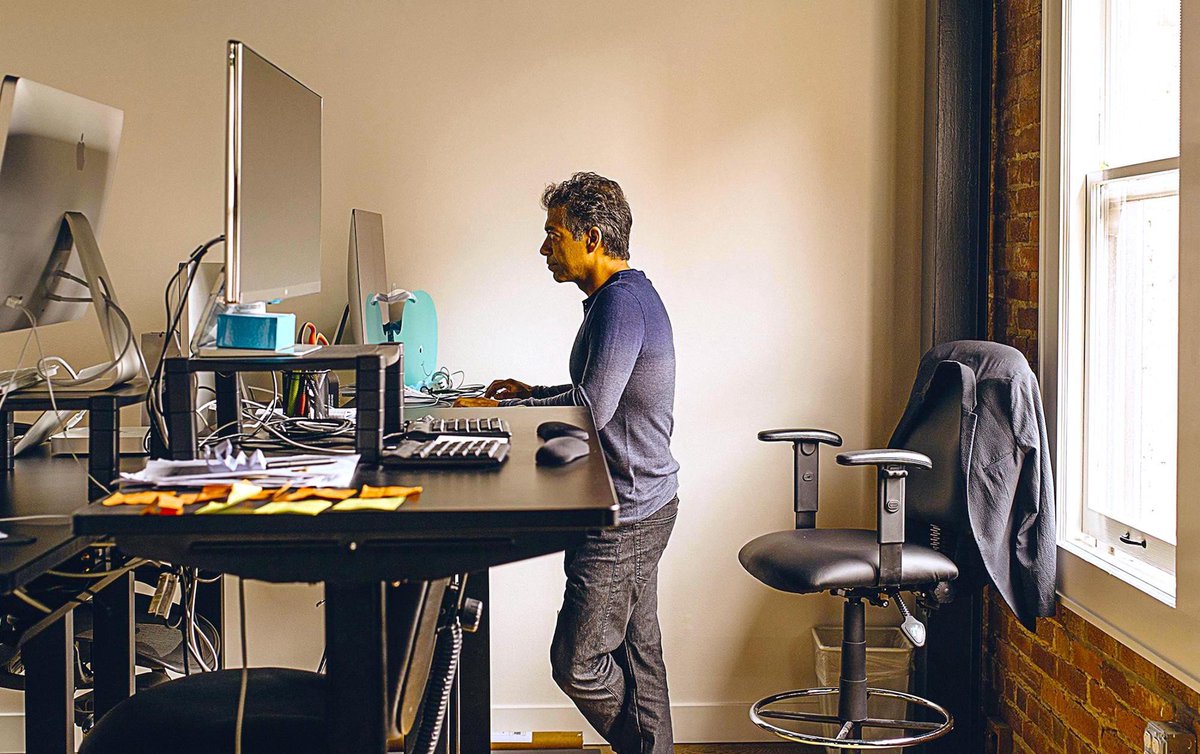
1. If you are not worried, you are not risking enough
Humans need adventure, we get satisfaction out of it. Hard to get rich if you try to avoid worry. You're not going to get rich from salary. Play for meaningful stakes. Get over the fear of being hurt. 3-6 stocks are enough.
Humans need adventure, we get satisfaction out of it. Hard to get rich if you try to avoid worry. You're not going to get rich from salary. Play for meaningful stakes. Get over the fear of being hurt. 3-6 stocks are enough.
2: Take profits too soon
Don't be too greedy. Decide what gain you're hoping for and when you reach that point, get out. Long winning streak make the news and get talked about, but they are newsworthy for the very reason that they are rare.
Don't be too greedy. Decide what gain you're hoping for and when you reach that point, get out. Long winning streak make the news and get talked about, but they are newsworthy for the very reason that they are rare.
3. When the ship starts to sink, don’t pray. Jump
Half your investments will turn sour. Get used to it. Have a plan to get out and do it without hesitation. Get out when the ship starts to sink. Don't wait until it is half submerged. Unless you see tangible improvement, get out.
Half your investments will turn sour. Get used to it. Have a plan to get out and do it without hesitation. Get out when the ship starts to sink. Don't wait until it is half submerged. Unless you see tangible improvement, get out.
4: Human behaviour cannot be predicted
Nobody has the faintest idea of what’s going to happen next year. Don’t take economist, market advisers or financial oracles seriously.
Don't base your move on what supposedly will happen. Instead, react to what *does* happen.
Nobody has the faintest idea of what’s going to happen next year. Don’t take economist, market advisers or financial oracles seriously.
Don't base your move on what supposedly will happen. Instead, react to what *does* happen.
5: Chaos is not dangerous until it begins to look orderly
The world of money is one of patternless disorder and utter chaos. Get used to it. A chart line always looks comfortingly orderly, even when what it depicts is chaos.
The world of money is one of patternless disorder and utter chaos. Get used to it. A chart line always looks comfortingly orderly, even when what it depicts is chaos.
6: Avoid falling in love with a specific security
Don't get attached to companies. Don't seek the feeling of being surrounded by the old, the familiar. Make moves after careful assessment of risk and reward. And be ready to sever your roots when something more promising comes.
Don't get attached to companies. Don't seek the feeling of being surrounded by the old, the familiar. Make moves after careful assessment of risk and reward. And be ready to sever your roots when something more promising comes.
7: A hunch can be trusted if it can be explained
There is solid information stored in your mind. If you get a hunch, ask whether there is a big enough library of data to have generated that hunch. If you've never encountered a similar situation, ignore the hunch.
There is solid information stored in your mind. If you get a hunch, ask whether there is a big enough library of data to have generated that hunch. If you've never encountered a similar situation, ignore the hunch.
8. Don't rely on religion
Leaning on supernatural help or "investment gods" lulls you into a dangerously unworried state.
Leaning on supernatural help or "investment gods" lulls you into a dangerously unworried state.
9. Confidence is better than blind optimism
The pro doesn’t have optimism. What he has is confidence. Confidence springs from the constructive use of pessimism. Knowing how you will handle the worst outcomes.
The pro doesn’t have optimism. What he has is confidence. Confidence springs from the constructive use of pessimism. Knowing how you will handle the worst outcomes.
10. Disregard the majority opinion
Don’t let the majority push you around. Arguing with a majority is enormously hard, especially when questions cannot be verified. Often the best time to buy something is when nobody else wants it. Study each situation, make up your own mind.
Don’t let the majority push you around. Arguing with a majority is enormously hard, especially when questions cannot be verified. Often the best time to buy something is when nobody else wants it. Study each situation, make up your own mind.
11: If it doesn’t pay off the first time, forget it
Perseverance can be useful. Persevering in your efforts to learn, improve and grow rich. Just don't fall into the trap of persevering in an attempt to squeeze gains out of any single speculative investment.
Perseverance can be useful. Persevering in your efforts to learn, improve and grow rich. Just don't fall into the trap of persevering in an attempt to squeeze gains out of any single speculative investment.
12: Don’t take your own long-range plans too seriously
The only long-range plan you need is an intention to get rich. It's hard to predict the future. Instead, re-evaluate your investment every three months to track the progress made.
The only long-range plan you need is an intention to get rich. It's hard to predict the future. Instead, re-evaluate your investment every three months to track the progress made.
• • •
Missing some Tweet in this thread? You can try to
force a refresh




